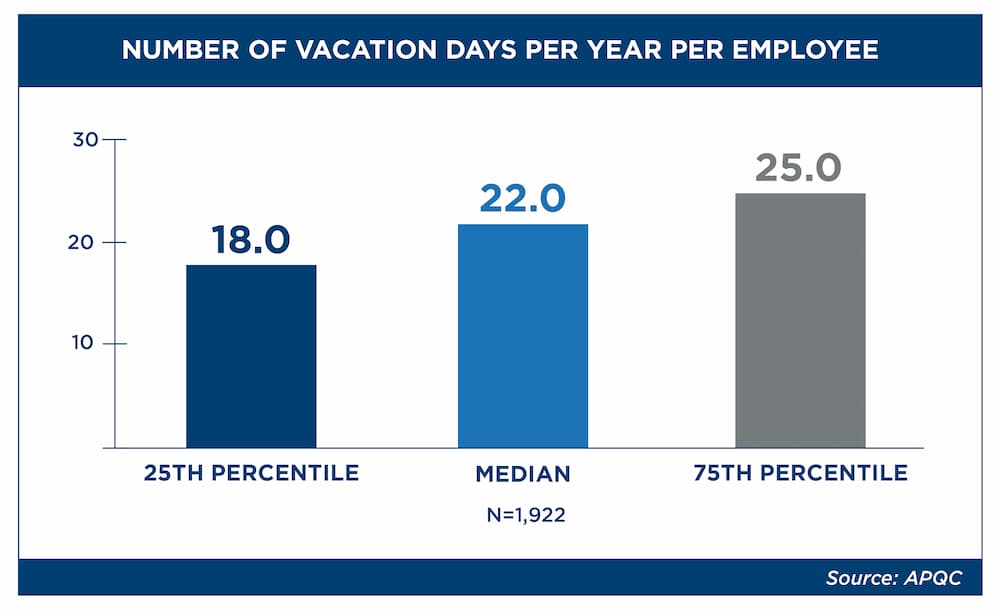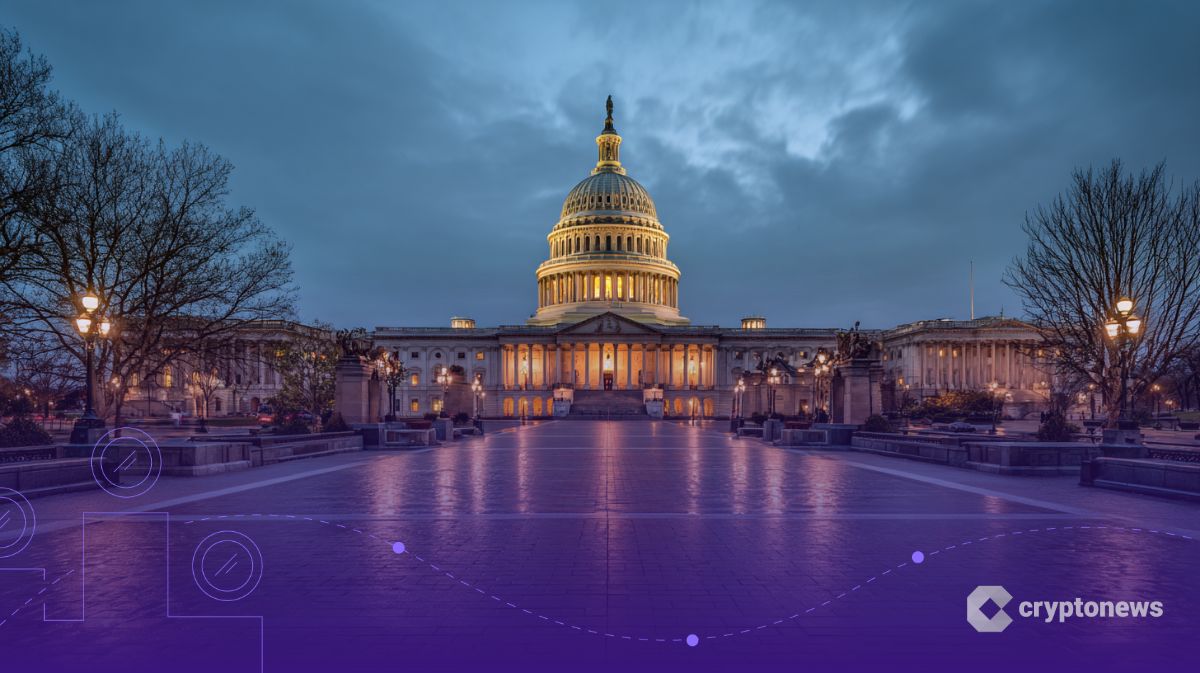Stay informed with free updates
Simply sign up to the Automobiles myFT Digest — delivered directly to your inbox.
The United Auto Workers has unveiled plans to try to unionise tens of thousands of employees at 13 carmakers with non-union plants in the US, aiming to seize momentum after it won significant concessions from Detroit’s big three manufacturers.
The union wrested big pay rises and other benefits from Ford, General Motors and Stellantis earlier this month after a six-week strike against the companies. On Wednesday the UAW launched a campaign to organise US plants operated by BMW, Honda, Hyundai, Lucid, Mazda, Mercedes, Nissan, Rivian, Subaru, Tesla, Toyota, Volkswagen and Volvo.
The public nature of the campaign is unusual, as organisers ordinarily work in secret to win support from workers at a particular plant. The nearly 150,000 US factory workers employed by the 13 non-union carmakers number roughly the same as the UAW’s 146,000 members inside the Detroit’s Big Three.
“Big Three autoworkers just won big raises, more job security and cost of living adjustments for one simple reason,” said UAW president Shawn Fain. “They’re organised. To all the autoworkers out there working without the benefits of a union, now it’s your turn.”
The organising push comes as labour disputes are breaking out within the auto industry worldwide. Tesla is fighting strikes by mechanics, dockers, cleaners and postal workers in Sweden, while Volkswagen is warning of job cuts in Germany.
The UAW’s strike against Ford, GM and Stellantis resulted in 25 per cent wage increases over four years as well as other benefits, like the right to strike over plant closures. Since then several foreign carmakers with plants in the US have raised wages for their employees in an attempt to stave off unionisation.
The union’s previous, more stealthy attempts to organise non-union carmakers have encountered some high-profile defeats in the US south, most recently at Volkswagen’s plant in Chattanooga, Tennessee in 2019.
Since the strike began, thousands of non-union workers had sent cards seeking union authorisation, the UAW said. If 70 per cent of workers at a plant sign a card, the union plans to either demand the company recognise it or call for an election overseen by the National Labor Relations Board.
The UAW said that if 30 per cent of workers at a plant sign a card, the union would make the news public, and if half of them sign a card, Fain would host a rally to drum up support for the organising effort.
This approach allows the union to focus its organising efforts at the sites where it has the most support, instead of “helicoptering in” from outside, said Marick Masters, a labour relations professor at Wayne State University.
“It will encourage some healthy competition among workers across these companies to see if they want to be the first to get on board what the UAW hopes will be a bandwagon,” he said.
Asked about the UAW’s efforts at a New York Times conference, Tesla chief executive Elon Musk said he disagreed with the idea of unions because they tried to “create a sort of lords and peasants situation” in companies. If Tesla were to become unionised, he added, “it’ll be because we deserve it and we failed in some way”.
Nissan, which has three plants in the US, said that it “respects the right of employees to determine who should represent their interests in the workplace. However, we believe our workplace is stronger without the involvement of a third party.”
Honda said: “We do not believe an outside party would enhance the excellent employment experience of our associates.” Hyundai added that during its Alabama site’s 18 years of operation “our team members have not shown an interest in union representation.”
Volkswagen and Subaru declined to comment. The other carmakers did not immediately respond to requests for comment.
Credit: Source link











